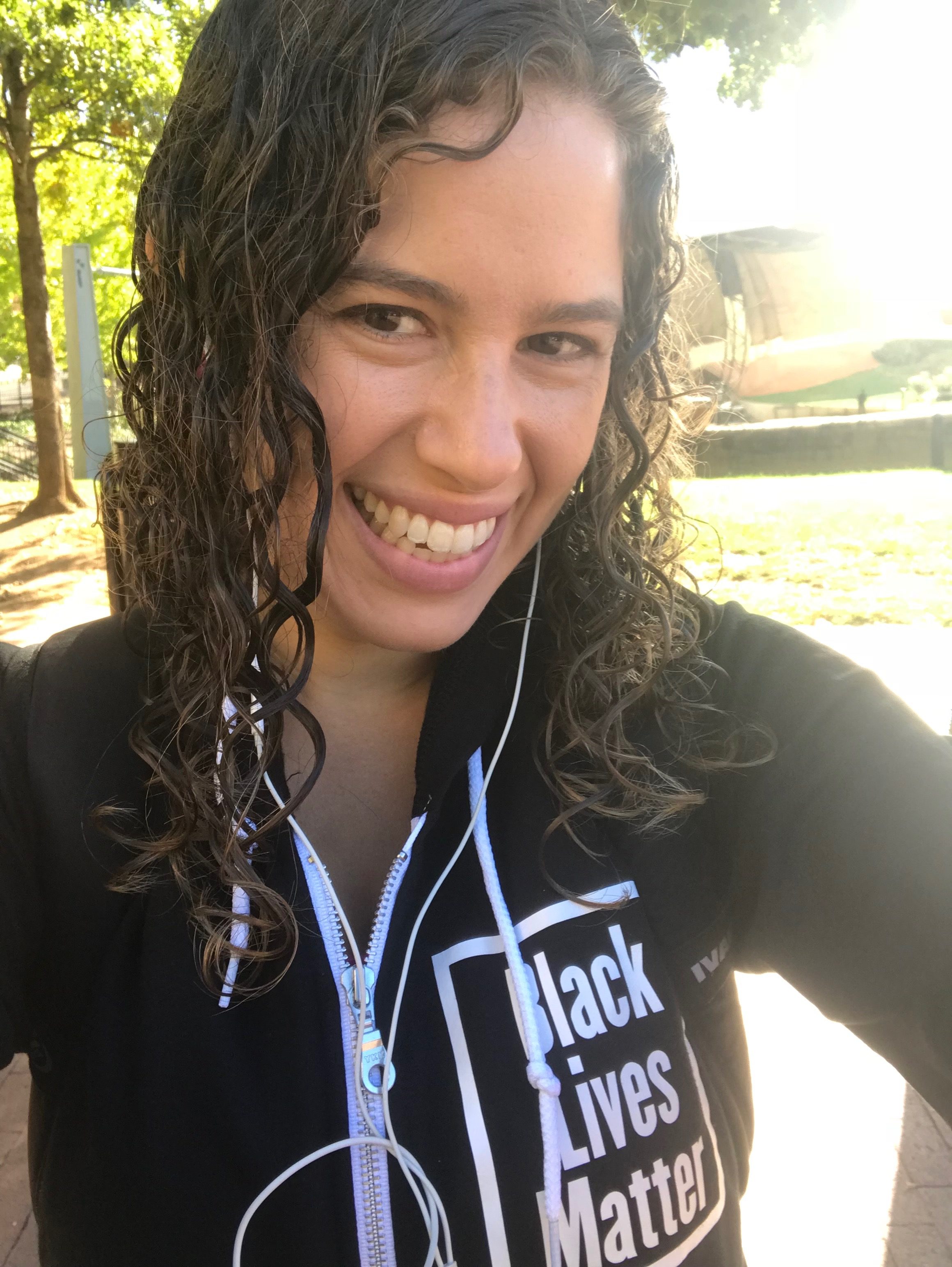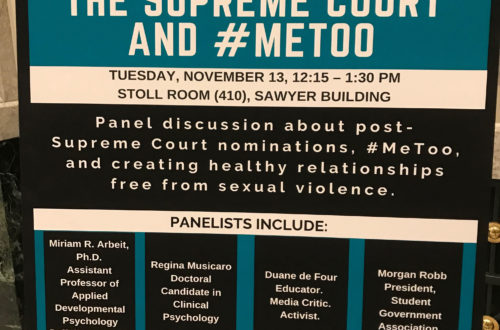“Positive Approaches to Studying Adolescent Sexuality Development and Sexual Health” was the title of the Symposium I chaired at the biennial conference of the Society for Research on Adolescence in Vancouver this month. Chairing was a really exciting experience, and I’m so grateful I had the opportunity. Many people have asked me about what it really meant and what I did. I’ll start by explaining some of the process, and then I’ll share what it was like for me on the day of the Symposium.
The process began in June last year, when Ed Bowers, a Research Assistant Professor with whom I work closely at Tufts, started talking to me about putting together a submission for the conference. He mentioned the idea of chairing, which basically means organizing a 90-minute session around a particular topic or theme. If you want to do it, he said, you need to send out emails quickly to see who might present at your session. I was about to take a vacation to get married, but I was so eager to put together more conversations about sexuality, and particular adolescent sexuality, that I went right to it. I emailed scholars whose work I admire greatly, invited them to join me, and we put together a submission that included their abstracts and a statement from me about how it all fit together and matters. Then, on the last day of the conference, in the second-to-last time slot, I got to introduce them to a room full of about 40 colleagues.
Sexuality development is a healthy, normative, and important part of adolescence. Much of the existing research on adolescent sexuality frames sexual behavior as inherently risky and requiring prevention. This symposium addressed the merits of pursuing a research agenda that involves identifying and assessing indicators of positive sexuality development in adolescence and analyzing how societal and relational factors may affect different youth in different ways, particularly with regards to race and gender.
Emily Impett was going to present with us, but family needs kept her from being able to attend this conference, unfortunately. However, we had two wonderful presentations from Monique Ward and Deborah Tolman and a discussion by Sara McClelland.
Monique Ward asked, “Will it help?” and presented her work on identifying socialization discourses that promote sexual risk and sexual health among African American youth. She did a study asking youth to report the messages they receive about sex from their parents and their peers. Her presentation focused on four prominent types of messages: promoting abstinence, framing sex as relational, promoting sex-positivity, and furthering gendered sexual roles. I really enjoyed this presentation because one of my favorite sex ed activities is asking participants to map the messages that they receive about sex from parents and peers (and I also often include media, religion, and other sources of messages). Looking at this research allowed me to think concretely about how the messages we get relate to our behavior. Ward also focused on sexual cognitions, looking at how different patterns of messages relate to different thoughts and beliefs about one’s own sexuality. I would love to expand the “messaging” sex ed activity to help participants identify how the messages they receive contribute to their sexual cognitions and, in turn, how those messages may or may not shape their sexual behavior. On a larger scale, this research poses the question, “How do we talk to young people about sex and sexuality, and what impact does that have?”
Next, Deborah Tolman asked, “What do you like about that?” and presented her work on power and pleasure in girls’ experience of fellatio. This research is a snapshot of a larger qualitative study Tolman conducted in which she asked girls to tell stories about their experiences giving oral sex to boys. She said she found the girls mostly reported negative experiences, although “punctuated” by positive elements. This presentation explored the themes in the positive punctuations, the expressions of power and pleasure. When prompted, “Tell me about a time when giving oral sex was pleasurable for you?” most participants said, “huh?” Their stories included lots of coercion and feeling “nasty,” but some girls expressed certain “nuances of power” (Tolman’s phrase) in stimulating another person, and some felt “possibilities for pleasure (again, Tolman’s) emotionally, physically, or in enjoying their own competence in performing the task. For me, this presentation raised a lot of questions about the purpose of sex-positivity. What does it mean to explore and honor the positive aspects of these girls’ experiences and at the same time recognize and publicize the ways in which they felt coerced and the ways in which male desire and expectations problematically trump their own in their sexual worlds?
After these two presentations, Sara McClelland shared some really insightful words and posed many key questions. Here are some highlights from the notes I took:
On sex:
• What is the point of sex?
• What do you want, and what do you do because you have to?
• How do you know when you want something? How do you know that you liked it?
On researching sex:
• What do we want to observe, to say that an expression of sexuality is developmentally appropriate and good? Do these indicators look the same in all bodies?
• What are we after as sex researchers? What are we idealizing?
• How do we prepare our participants to talk about sex with us? What power dynamics get recreated in the space of an interview?
On teaching youth about sex:
• How do we want to socialize young people?
• What do we want to say to young people about sex?
• What should we say about pleasure?
• What do we want young people to want?
My only regret is that we didn’t have the time to all pull up a chair and start hashing out our positions on these questions. I am so honored to have been a part of this fun and fascinating conversation, and I look forward to continuing to learn from these three scholars as much as I can and as often as I can as I work my way into this field.

